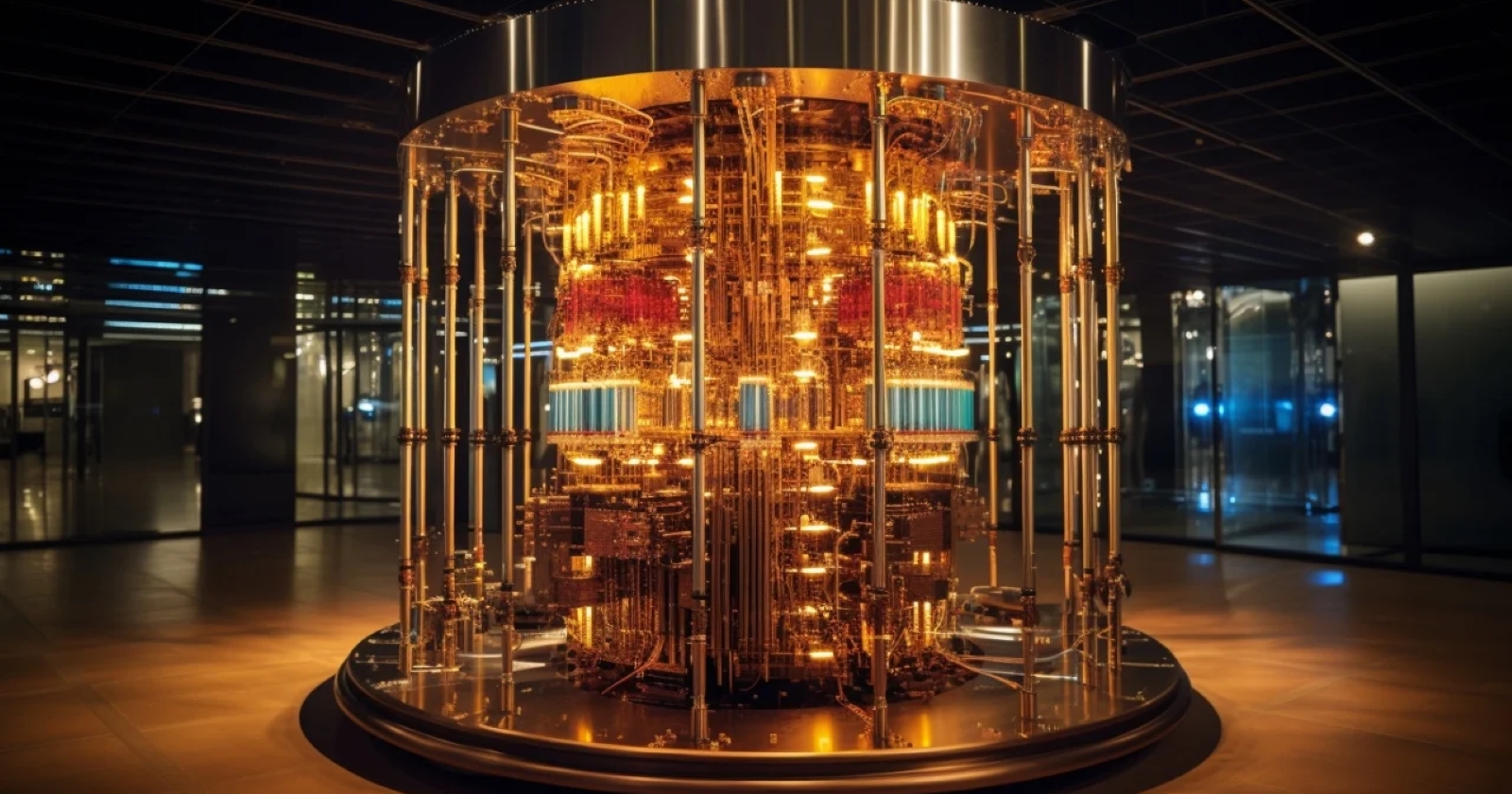Japanese technology company Fujitsu has begun research and development on its 10,000-qubit superconducting quantum computer project, which it plans to complete by the end of fiscal 2030. The new system will operate with a capacity of 250 logical qubits and utilize Fujitsu’s early-stage, fault-tolerant quantum computing infrastructure, known as the “STAR architecture.”
A 10,000-qubit quantum computer is emerging
With this quantum computer, Fujitsu aims to pave the way for practical quantum computing applications by enabling complex simulations, particularly in materials science. The project will involve extensive research across various technical disciplines to develop technologies focused on scalability and performance.

Following the official completion of the 10,000-qubit machine, Fujitsu will also conduct advanced research on the integration of superconducting and diamond spin-based qubit technologies starting in fiscal 2030. The company plans to develop a system with a capacity of 1,000 logical qubits in fiscal 2035. The interconnection of multiple quantum bit chips will also be considered in this process.
Fujitsu will play a key role in the project, led by Japan’s Energy and Industrial Technology Development Agency (NEDO), and will also develop the next generation of the FUJITSU-MONAKA processor family, a high-performance computing platform. These processors will power Japan’s supercomputer, FugakuNEXT.
So, what are your thoughts on this? What do you think the future of quantum computers will be like? Feel free to share your thoughts with us in the comments section below.













